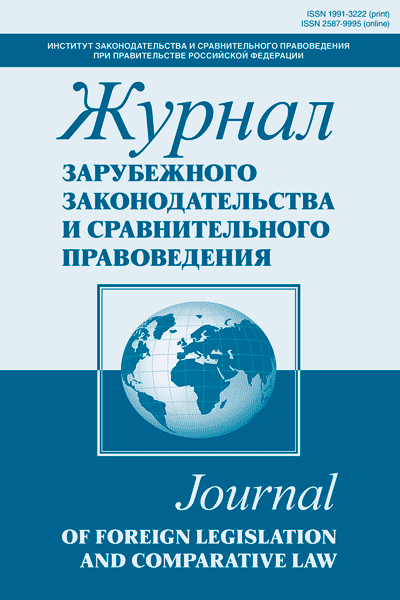Socio-demographic processes, increased economic instability, epidemiological transitions and disproportionate access to health care present serious challenges to the health care systems of major global powers, especially to the medication supply. In many countries, inadequate regulation of the health sector, in particular in the pharmaceutical area, leads to serious human rights’ violations. At the same time ensuring the safety of drugs is the basis for the full exercise of the human right to health, which is impossible to achieve without effective international cooperation. Enjoyment of the right to the highest attainable standard of health, enshrined in the main international human rights documents, in particular by providing access to medicines is only possible on the basis of an effective and integrated regulation system and in compliance with recognized international standards, as well as national and regional priorities.
Harmonisation, international law, human security, medicines circulation, right to health.
1. Azfar O. Corruption and the Delivery of Health and Education Services. Chapter 12. Fighting Corruption in Developing Countries / ed. by B. Spector. Bloomfield, 2005.
2. Bachelet M. Social Protection Floor for a Fair and Inclusive Globalization. ILO. Geneva, 2011. URL: http://www.ilo.org/public/english/protection/spfag/download/background/bachrep_en.pdf.
3. Boutros-Ghali B. An Agenda for Peace. N. Y., 1992.
4. Freedman L. Achieving the MDGs: Health Systems as core social institutions. Development. 2005. No. 48.
5. Glickman S. W. et al. Ethical and Scientific Implications of the Globalization of Clinical Research. The New England Journal of Medicine. 2009.
6. Human Security Now. Commission on Human Security. N. Y., 2003. URL: http://www.unocha.org/humansecurity/chs/finalreport/English/FinalReport.pdf.
7. Jean-Louis S., Mark P. Industry Efforts on Simultaneous Global Development. Drug Information Journal. 2009. Vol. 43.
8. Katz R., Singer D. A. Health and Security in Foreign Policy. Bulletin of the World Health Organization. 2007. Vol. 85. No. 3.
9. Perehudoff S. K., Laing R. O., Hogerzeil H. V. Access to Essential Medicines in National Constitutions. Bulletin of the World Health Organization. 2010. Vol. 88. No. 11.
10. Saillot J., Paxton M. Industry Efforts on Simultaneous Global Development. Drug Information Journal. 2009. Vol. 43.
11. Abashidze A. Kh., Malichenko V. S. Mezhdunarodnye i natsional´nye pravovye sredstva obespecheniya sotsial´noy spravedlivosti v otnoshenii lits pozhilogo vozrasta. Uspekhi gerontologii. 2014. T. 27. № 2.
12. Koreshkov V. Lekarstva stirayut granitsy. Rossiyskaya biznes-gazeta. 2014. 9 dek.
13. Malichenko V. S. Mezhdunarodno-pravovye mekhanizmy obespecheniya bezopasnosti obrashcheniya lekarstvennykh sredstv. Evraziyskiy yuridicheskiy zhurnal. 2014. № 10.
14. Malichenko V. S. Obrashchenie lekarstvennykh sredstv - element strategii natsional´noy bezopasnosti SShA. Obozrevatel´. 2013. № 7.
15. Parkhomenko D. V. Teoreticheskie osnovy i organizatsionno-metodicheskie podkhody k obespecheniyu natsional´noy bezopasnosti Rossii v sfere obrashcheniya lekarstvennykh sredstv: dis.... d-ra farm. nauk. M., 2005.
16. Entin M. L. Sovremennye imperativy garmonizatsii zakonodatel´stva i pravovykh sistem. M., 2005.





